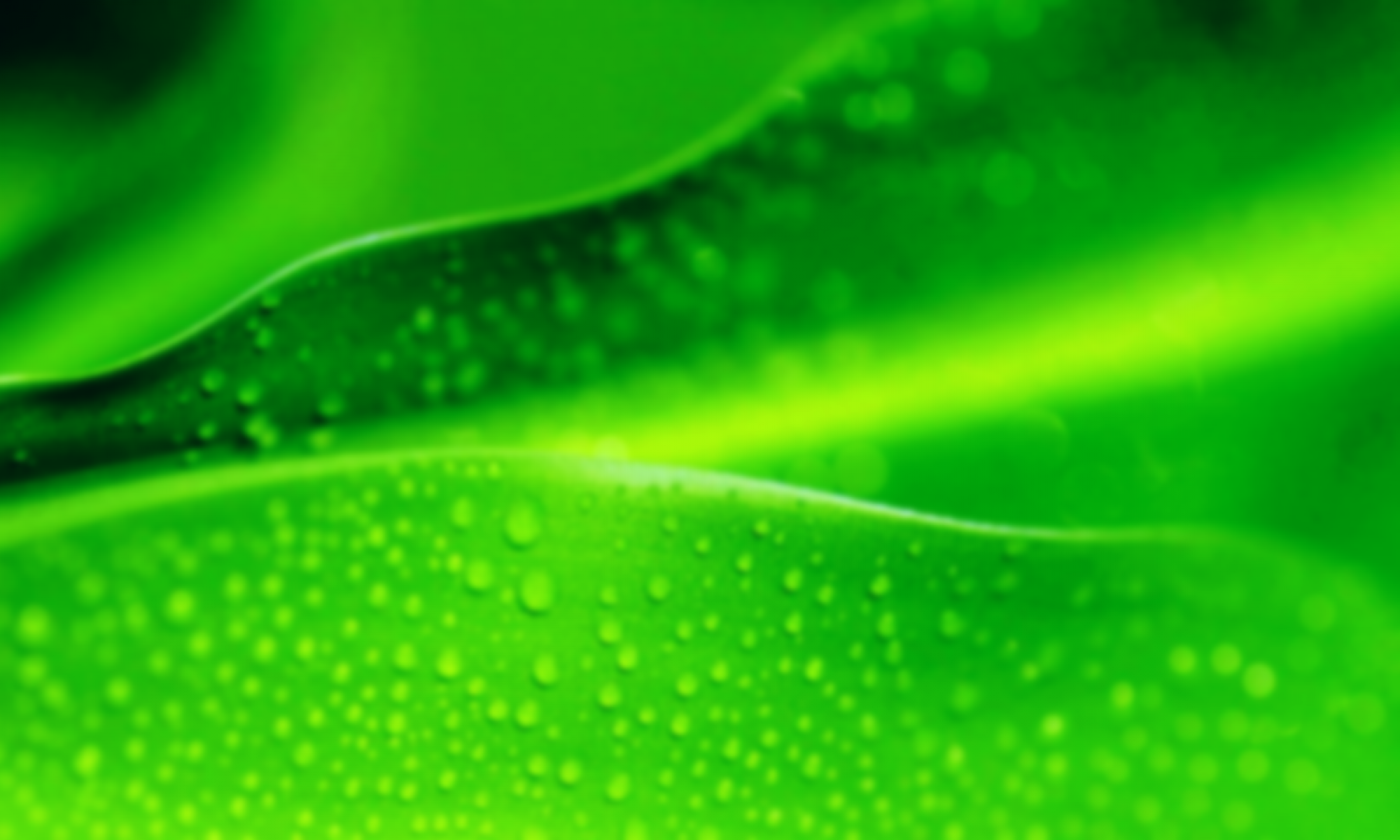Patricia Gullón, Beatriz Gullón, Izaskun Dávila, Jalel Labidi, Sara Gonzalez-Garcia
The use of vine shoots as feedstock in biorefining activities to obtain bioproducts under efficient and optimized conditions could be crucial to make future high added value compounds and processes more sustainable. In this study, five different potential valorization scenarios from vine shoots differing on diverse extraction and delignification steps were assessed from an environmental perspective using the Life Cycle Assessment methodology to identify the most sustainable biorefining route. The main findings from this study reported that an increment on the number of valorization steps involved higher energy and chemical requirements deriving on worse environmental profiles. Scenarios incorporating fermentation of the glucose liquors or organosolv delignification performed the worst profiles. Autohydrolysis, concentration and freeze drying and enzymatic hydrolysis were the main responsible stages of the environmental burdens. Further research should be focused on optimizing chemicals and electricity requirements to develop greener systems.

